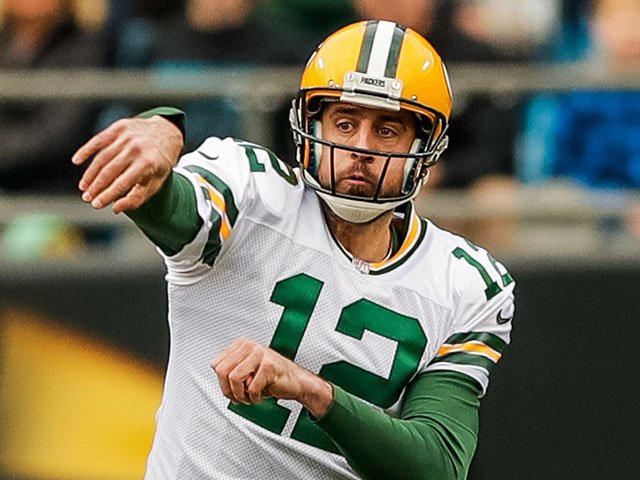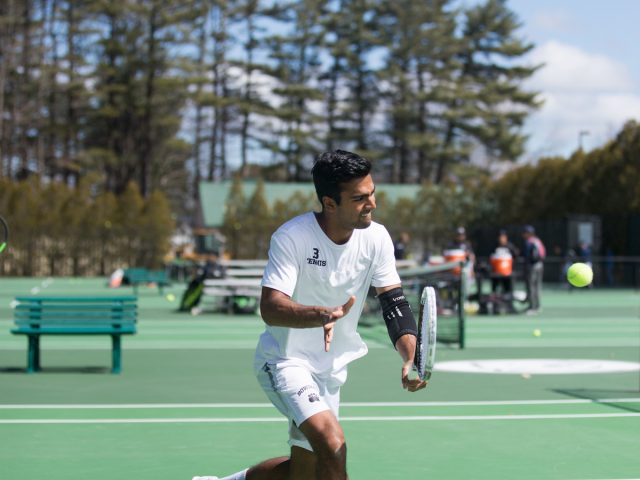Among the major variables counting versus the advancement of sports in Nigeria today is absence of efficient monitoring. A lot of solutions are being proffered by worried and patriotic Nigerians daily to bail us out the quagmire. One of such solutions is this message qualified “Modern Trends in Sports Management as well as Management”.
It is created by Dr. Joseph Awoyinfa, a speaker in the Division of Human Kinetics and also Health And Wellness Education And Learning, Professors of Education, College of Lagos, Nigeria; a scientist and also educational expert. I was the individual welcomed by the author and also the university to examine the book when it was presented to the general public on December 4, 2008 in Nigeria.
According to Awoyinfa, it is a truism around the world that sport is currently a referral concern which can no longer be overlooked at various markets of the economic situation and also spheres of life. The writer includes that this text therefore takes a vital look at topical problems in sports management as well as monitoring, home on theories and also concepts of modern fads in sporting activities management and administration such as management, organisation, planning, motivation, and so on.
The message consists of 16 chapters. Phase one is christened “the idea of sporting activities management”. Here, Awoyinfa says administration is an idea that implies different things to different individuals at various times, thus resulting in its multiplicity of definitions. He discusses that monitoring has been variously called an art, a scientific research, a person or people, a technique and also a process.

This author expatiates that as an art, sporting activities management is all about executing sports organisational functions and tasks through individuals; while as a science, sports administration is about establishing sporting activities philosophy, regulations, theories, concepts, processes and also practices. As an organisation, according to him, sporting activities administration is specified as a way of producing formal structures and a facility based on a goal, purposes, targets, features as well as jobs.
Awoyinfa claims as a person or group of people, sporting activities administration might describe the head alone or to all the elderly team, committee, etc.; while as a discipline, management is a field with various topics and subjects. The author lights up that sports administration as a process is about an organized method of doing points. Awoyinfa highlights management functions in sporting activities administration as planning, arranging, staffing, directing/leading, controlling, control, budgeting and analysis.
On whom a sports supervisor is, this author educates that a sporting activities manager is anybody at any type of level of sport organisation who guides
the efforts of other individuals in the direction of the achievement of organisational goals sport-wise. Click on this link to view more info on sports facilities in schools.
Chapter 2 is based upon the subject matter of development as well as trends of sports management assumed. Here, Awoyinfa divulges that the development of ideas on sporting activities administration goes back to the days when individuals very first attempted to accomplish goals by collaborating in a team. In his words, “There was major thinking and theorising about handling many years before the dawn of the twentieth (20th) century, which noted the start of modern sports administration believed.
Major initiatives to create theories and concepts of sporting activities management started from the very early twentieth (20th) century with the work of Frederick Taylor and also Henri Fayol. The industrial change of the nineteenth (19th) century probably provided the climate for this very significant theorising.”
Awoyinfa includes that given that the turn of the 20th century, writers on sports administration and also business theory have been propounding different theories about how to handle job and workers a lot more successfully and efficiently. This author informs that the 3 major institutions of monitoring thought are: the classic; the human-behavioural; and also the integrative. Awoyinfa also highlights very early sporting activities administration theorists; concepts and attributes of clinical administration; assessment of the clinical monitoring concept, etc., in this chapter.
Chapter three is thematically labelled “principles of sports management”. In this phase, the instructional professional explains that sports concepts are the standard regulations on which the practice of sports management is built. He includes that monitoring principles have to as a result be based on general terms for them to be applicable within sport organisations of varying sizes as well as character. “Modern sports managers and also administrators are anticipated to be able to determine as well as use suitable concepts that are relevant to specific situations. This is due to the fact that no single principle can fit all management circumstances,” sends Awoyinfa.
He says the basic principles of sports are those suitable to all sports organisations and also as a result of their general reputation, they are in some cases described as “universal concepts of sports administration”. This author expatiates that some of these concepts are: responsibility; delegation of authority and interaction. As regards humanitarian concepts of sports administration, Awoyinfa identifies these as freedom, justice, human connections, compassion, compassion, factor to consider as well as humility.
In chapter 4 based on the concept of behavioural and inspirational concepts in sporting activities organisation, the author says humans are distinct animals as they behave in different ways under various problems and are mainly challenging to forecast. Awoyinfa stresses that since human beings constitute one of the most important element in sports organisation, sports supervisors require some understanding of why people act in one way or the other, to make sure that they (sports supervisors) can influence people to execute precisely the method sports organisations find preferable.








